Optimal Timing for Landscaping Projects
Landscaping projects are most effective when scheduled during specific times of the year to ensure optimal growth and longevity. Timing depends on climate conditions, plant types, and project scope, making it essential to consider seasonal factors for best results.
Spring offers moderate temperatures and increased rainfall, ideal for planting and establishing new landscapes before the heat of summer.
Summer is suitable for maintenance and finishing touches, but planting should be limited to drought-tolerant species due to heat and dry conditions.
Fall provides cooler weather and moisture, making it a prime time for planting trees, shrubs, and perennials to develop roots before winter.
Winter is generally less suitable for planting, but it can be used for planning, design, and installing hardscapes in milder climates.
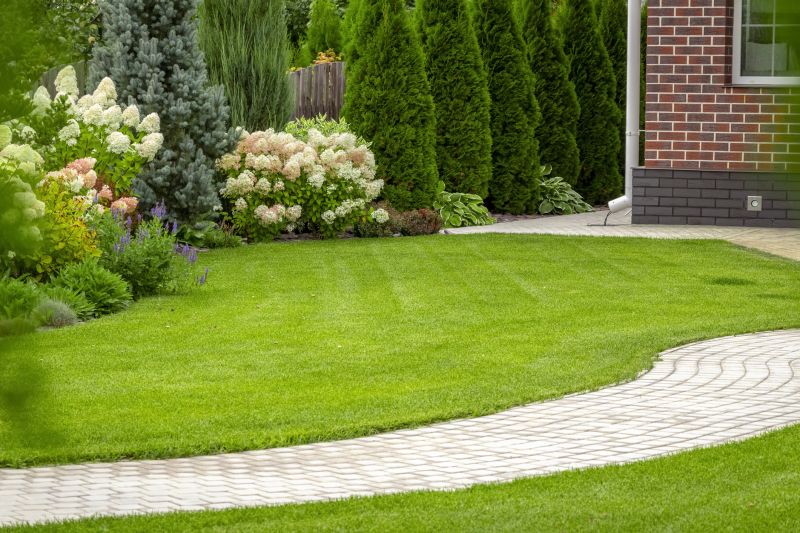
A lush garden being planted during springtime.

Irrigation and trimming during the warmer months.
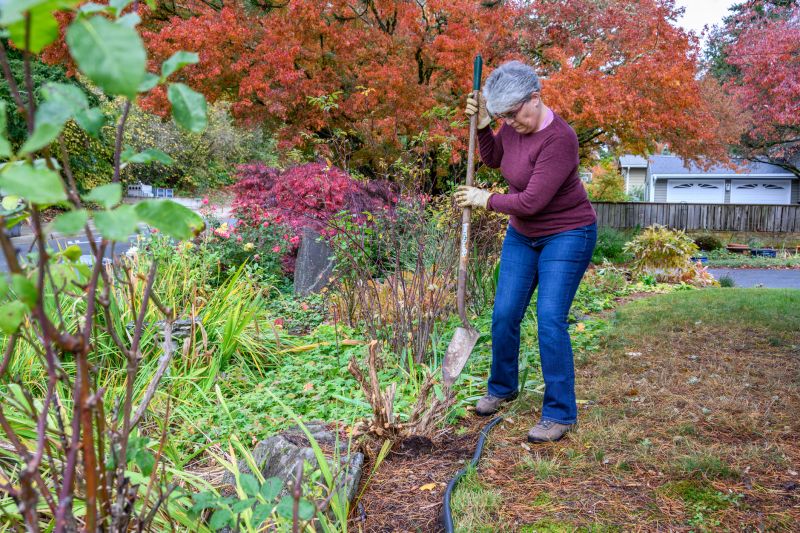
Trees and shrubs being planted in autumn.
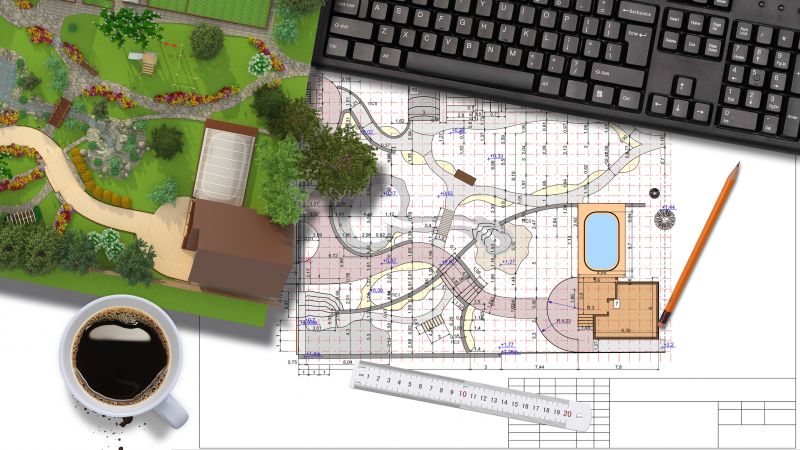
Ways to make Landscapings work in tight or awkward layouts.
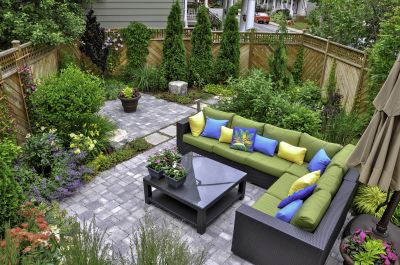
Popular materials for Landscapings and why they hold up over time.
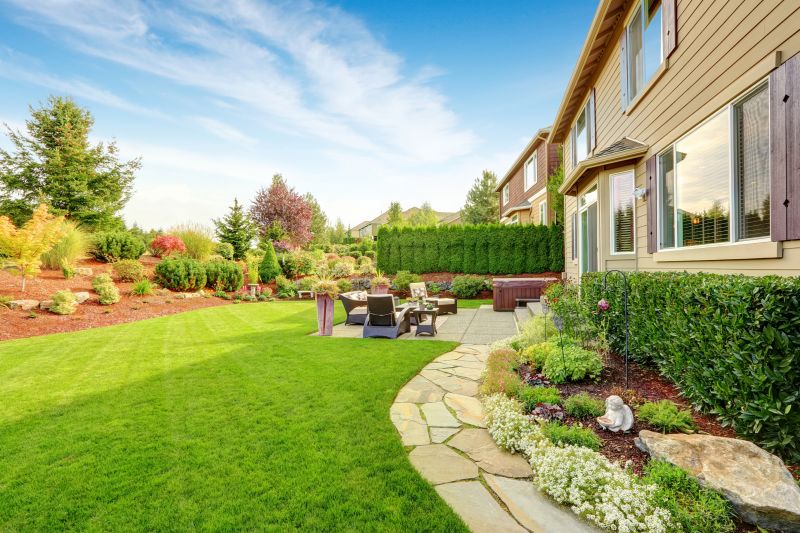
Simple add-ons that improve Landscapings without blowing the budget.
Landscaping enhances the aesthetic appeal and functionality of outdoor spaces. Proper planning and timing can improve plant health, reduce maintenance, and ensure long-lasting results. Seasonal considerations are crucial for selecting appropriate plants and scheduling work to match environmental conditions.
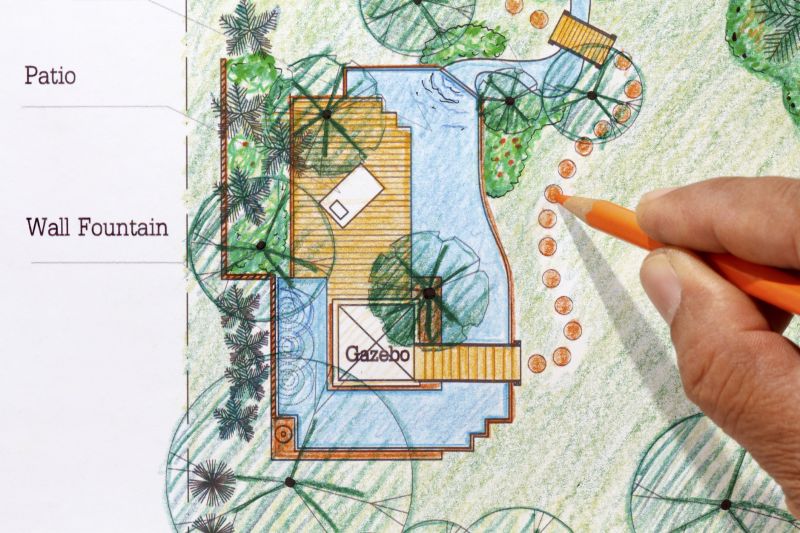
A detailed landscape plan being implemented.

Choosing suitable plants for each season.
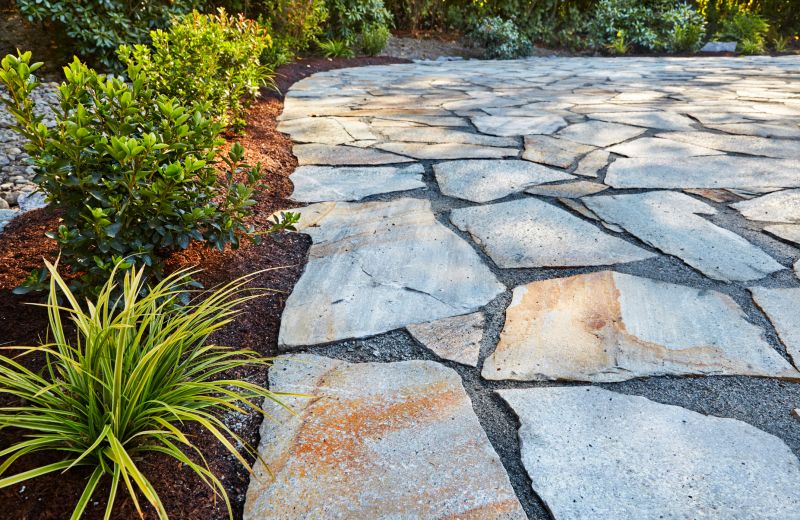
Patios and walkways integrated into the landscape.
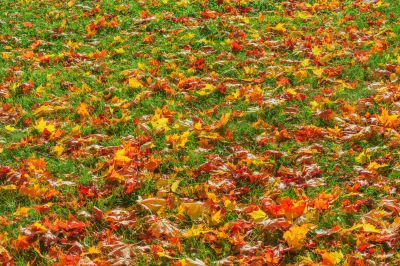
Work carried out across different seasons.
| Season | Ideal Activities |
|---|---|
| Spring | Planting, soil preparation, lawn seeding |
| Summer | Maintenance, pruning, irrigation |
| Fall | Tree planting, bulb planting, soil fertilization |
| Winter | Design planning, hardscape installation |
Timing is a key factor in successful landscaping projects. Spring and fall are generally considered the best seasons for planting, while summer is suited for maintenance activities. Planning ahead ensures that landscaping efforts align with seasonal conditions, promoting healthy growth and durable landscapes.

Fresh plants being installed in spring.
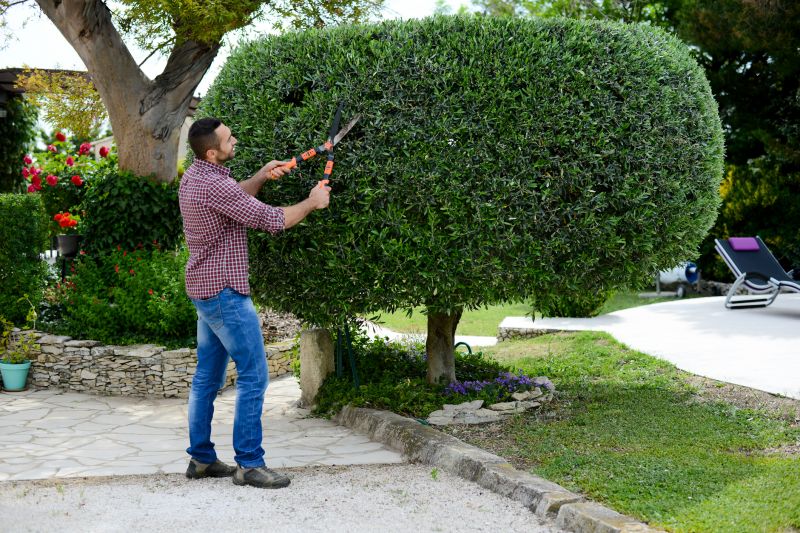
Watering and trimming in summer.
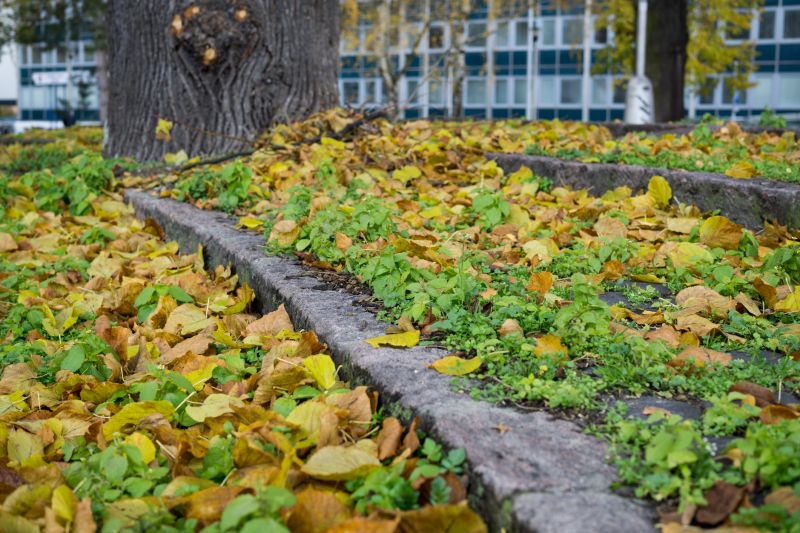
Preparing landscapes for winter.
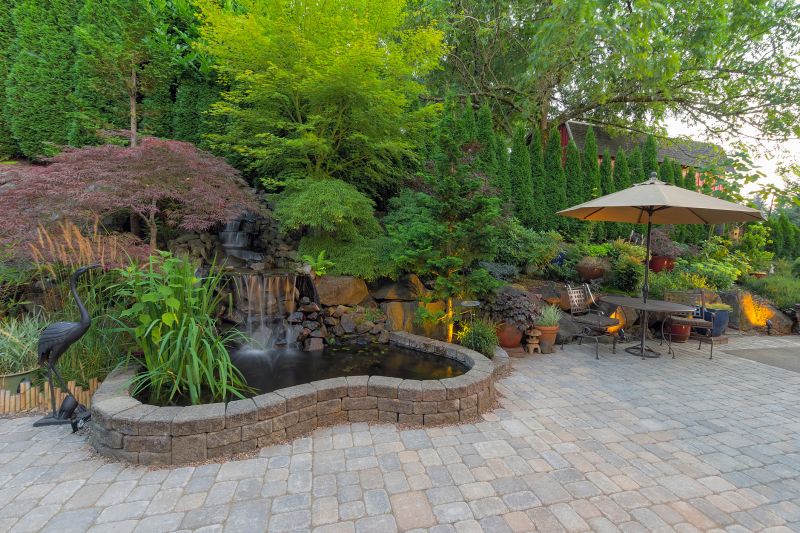
Design and hardscape work in winter.
Interested in scheduling landscaping projects? Filling out the contact form can provide guidance on the best timing for individual needs and help plan effective outdoor improvements tailored to seasonal conditions.

